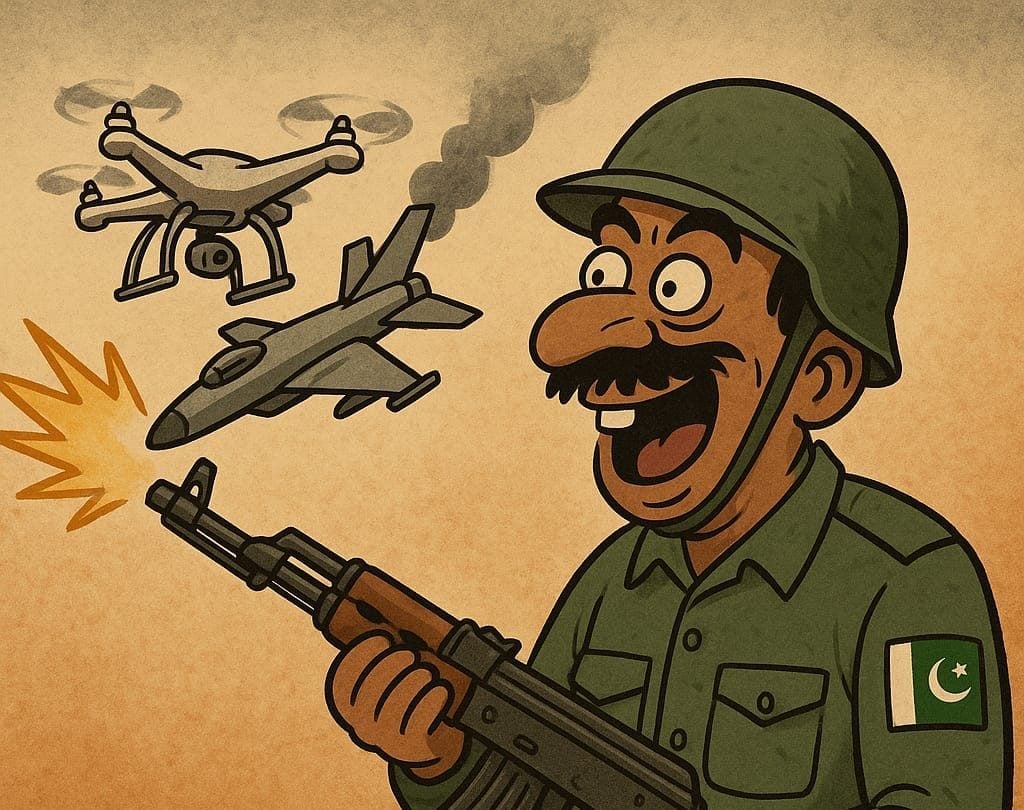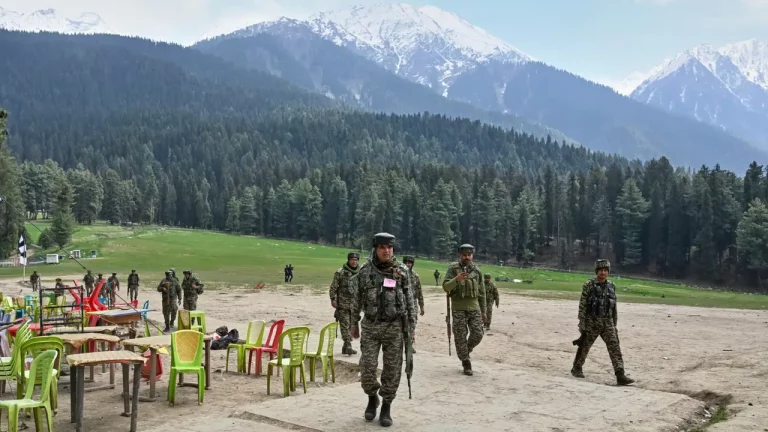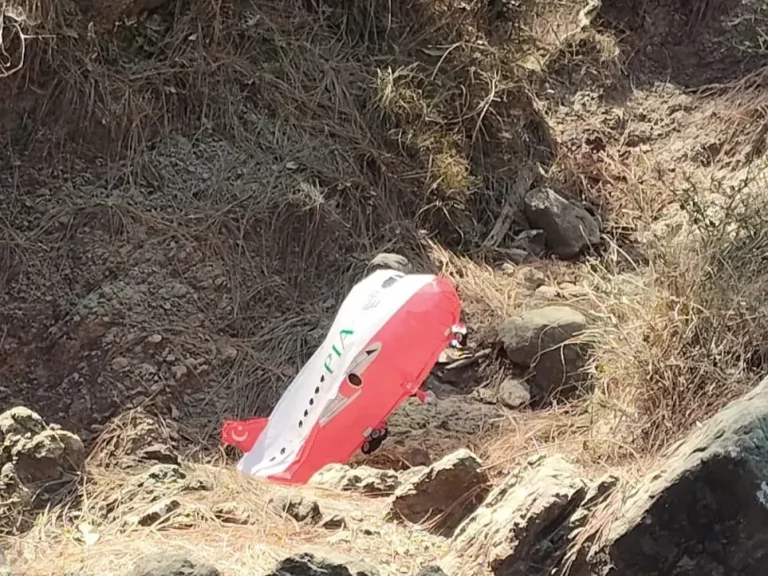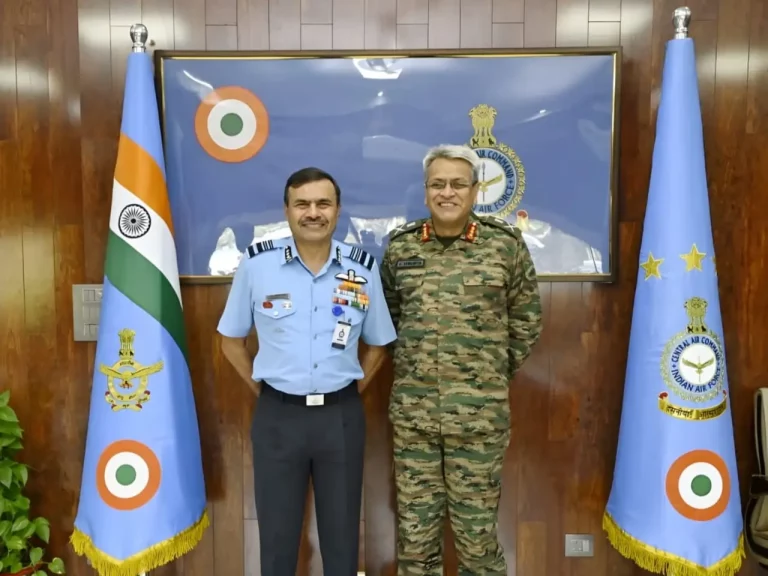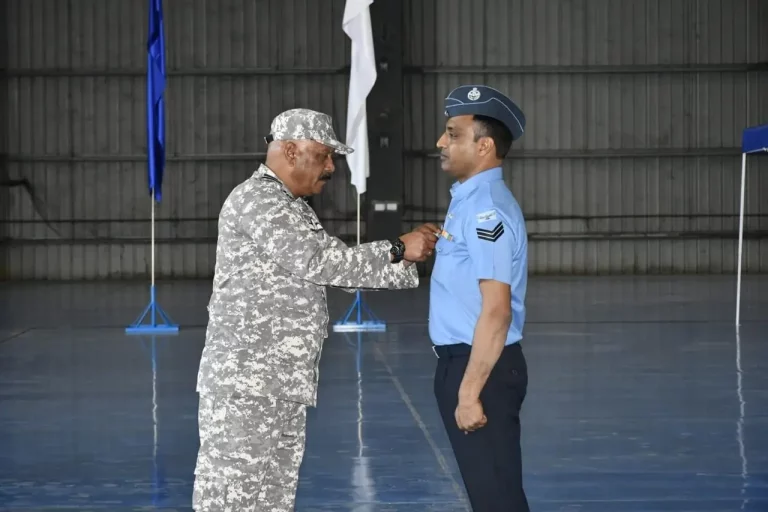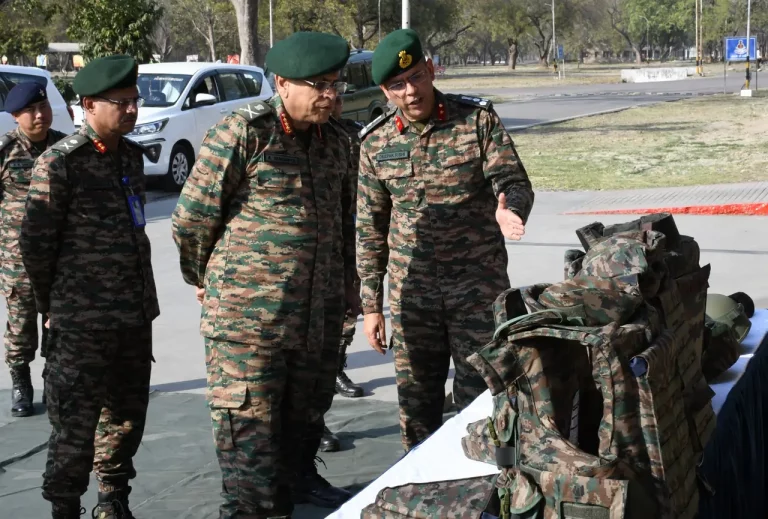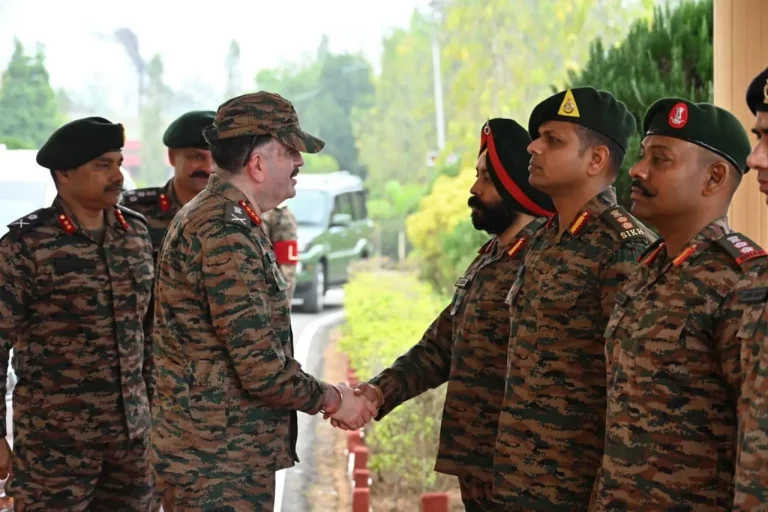Tensions have escalated sharply along the India-Pakistan border following a violent terror attack in Pahalgam, Jammu and Kashmir. In a bid to demonstrate its military capabilities, the Pakistan Air Force (PAF) has launched an aggressive media campaign. The PAF has recently claimed that its fighter jets intercepted Indian Air Force (IAF) aircraft near the Line of Control (LoC), purportedly forcing them to retreat. However, there has been no official confirmation of these claims from the Indian side, raising concerns that this could be an act of psychological warfare.
Additionally, reports from Pakistani media have surfaced, alleging that the PAF shot down two Indian surveillance drones in the Bhimber and Kotli sectors of Pakistan-occupied Kashmir. These claims are yet to be substantiated, and India has refrained from making any public statements in response.
In response to the increasing tensions, sources in New Delhi indicate that Prime Minister Narendra Modi has granted the Indian Armed Forces full operational autonomy. All military units deployed along the LoC and the International Border are currently on high alert, indicating a state of preparedness for potential escalations.
Simultaneously, Pakistan’s defense establishment has begun issuing late-night statements accusing India of planning a “false flag” operation—allegations that seem to coincide with heightened scrutiny of Islamabad’s alleged support for terrorist organizations responsible for cross-border violence. This narrative emerges as the international community increases its focus on Pakistan following the April 22 massacre in Pahalgam, where 26 civilians, including foreign tourists, were killed by militants connected to a proxy group of Lashkar-e-Taiba known as The Resistance Front (TRF).
As diplomatic relations between the two nuclear-armed countries deteriorate rapidly, regional observers express concern that the situation could escalate further if no de-escalatory measures are taken. The ongoing exchange of accusations and military posturing signals a precarious state of affairs that could have severe implications for stability in the region.
